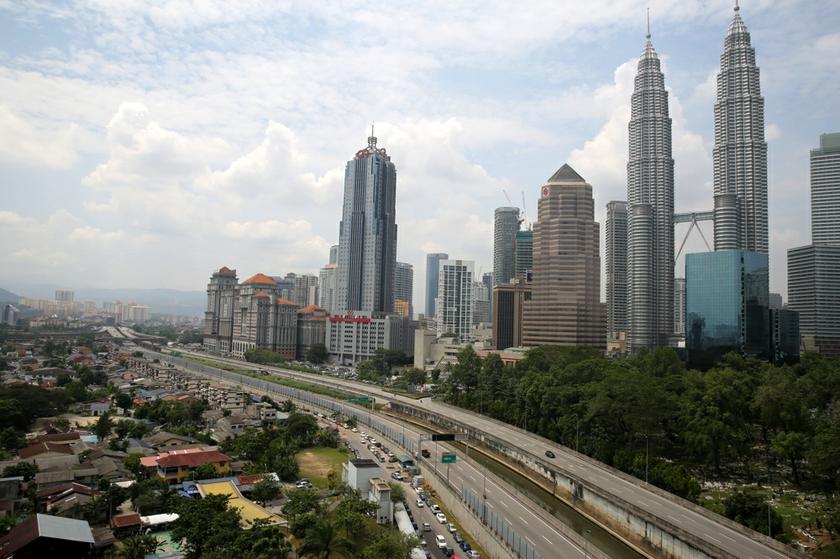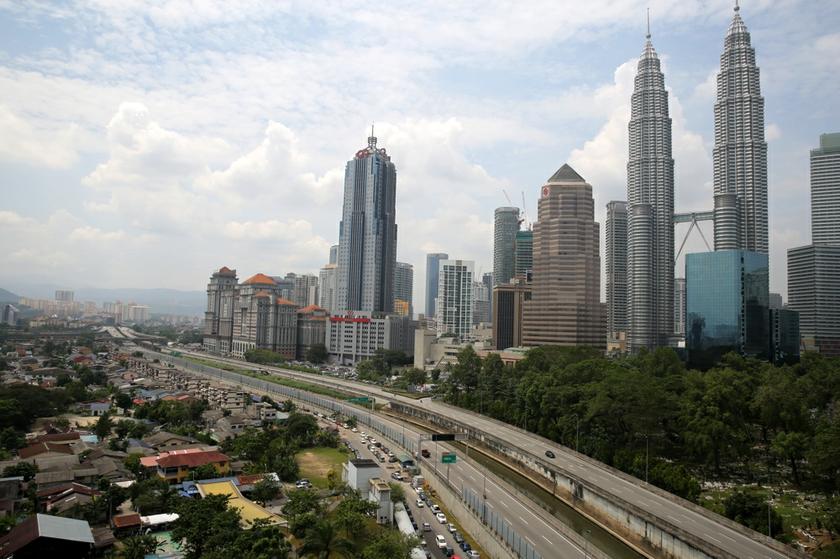
Subscribe to our Telegram channel for the latest updates on news you need to know.
KUALA LUMPUR, April 7 — Malaysia’s institutions and policies remain relatively credible and effective despite politics in the country that has become much more volatile in recent years.
Moody’s Investors Service Sovereign Risk Group assistant vice-president and analyst, Christian Fang said generally, macroeconomic institutions had not been the target of politics and policies have generally remained sound despite a series of political upheavals that took place in 2018 and 2020.
“Even with the abolishment of goods and services tax (GST) in 2018, there was still an appetite for fiscal consolidation by the fiscal authority,” he said at Moody’s Inside Asean Malaysia media roundtable held online today.
Fang was responding to questions on how the current political scenario in Malaysia would affect the country’s credit profile.
According to him, foreign investors have also not been deterred in any big way by the political changes in Malaysia.
“One could even argue that maybe some of the foreign investors are getting used to political noise, as this is something that you see in some developed markets, where sometimes a hung in parliament happens.
“Investors are aware of some of these structural issues,” he said, adding that political noise is expected to stay in Malaysia and a stable long-term coalition might not be seen in the country, at least for now.
“At the end of the day, the way we assess political risk is really towards the impact of politics on institutional effectiveness, macroeconomic policy-making and investment climate, for instance,” he said.
Going forward, Fang said Moody’s would continue monitoring on how politics influence policies and institutions.
On the Covid-19 vaccination programme’s impact on Malaysia’s economic growth, he said the country’s gross domestic product (GDP) would likely accelerate faster than the six per cent growth projected by Moody’s earlier.
“The sooner Malaysia achieves the target of getting 70-80 per cent of its population to be vaccinated, in a more optimistic scenario that is potentially achieved by the end of this year, it will allow the economy to open quicker, and provide some upside of our GDP forecast.
“We think that once the economy reopens, Malaysia can get back to high growth rate, and that will sustain its economic strength,” he added.
In terms of the Covid-19 impact on Malaysia’s credit profile, Fang said Moody’s usually looks at the medium-term growth prospects for a country.
“One year’s recession does not really affect our view of a country’s economic strength as we are looking at a 10 years average for GDP growth,” he said. — Bernama

